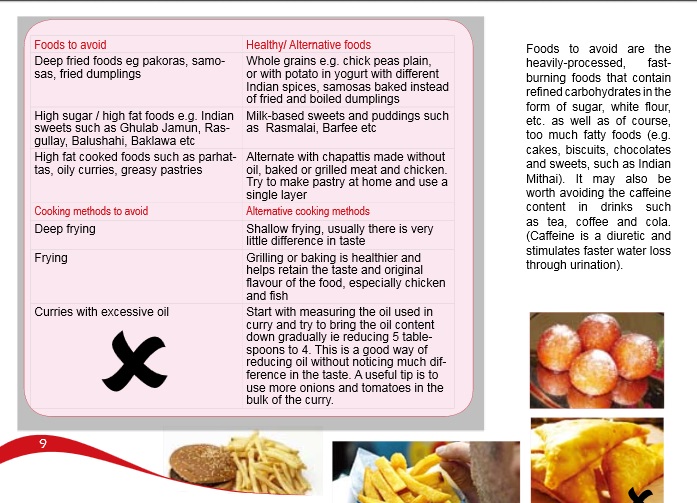 “Nothing is worse than a person who fills his stomach. It should be enough for the son of Adam to have a few bites to satisfy his hunger. If he wishes more, it should be: One-third for his food, one-third for his liquids, and one-third for his breath.”- Tirmidhi
“Nothing is worse than a person who fills his stomach. It should be enough for the son of Adam to have a few bites to satisfy his hunger. If he wishes more, it should be: One-third for his food, one-third for his liquids, and one-third for his breath.”- Tirmidhi
Islam encourages Muslims to be mindful of their health and the Prophet Muhammad (SAW) advised Muslims to lead a healthy lifestyle which includes a balanced diet, regular mental and physical exercise and a balance between material and spiritual needs. The holy month of Ramadan is meant to recharge our spiritual batteries through, among other vices, abstaining from food and drink during the daylight hours. However, the foods we eat at dawn and dusk have a profound impact on our bodies and our overall health.
The Ramadan Health Guide was developed by the National Health Service in the United Kingdom in conjunction with Communities in Action, a civic action organization based in Devon, UK. The goal of the guide is to help Muslims understand the health issues related to fasting, and to make informed choices that minimize complications and maximize the benefit of your fast. Fasting can be rewarding experience meant purify both the body and soul. If proper precautions are taken, it can also lead to healthy lifestyle changes that can benefit you throughout the year.
The guide is divided into six sections that examine the different aspects of fasting including:
1) The physiological changes that occur during the fast
2) Foods the benefit and foods that harm
3) Spirituality and food
4) What you can gain from fasting
5) Potential health complications and possible remedies
6) Tips for healthcare professionals
Overall this resource provides a comprehensive and concise overview of steps that can be taken to ensure a healthy Ramadan. The suggestions that are provided are both scientific and culturally sensitive, and can be practically incorporated into your routine. Key sections of the guide have also been translated into several languages to reach out to the broader Muslim community. As always, be sure to consult your physician before fasting if you have pre-existing health issues or concerns.
Download: Ramadan Health Guide
National Health Service Healthy Ramadan: http://www.nhs.uk/livewell/healthyramadan/
Photo Credit: raasiel





